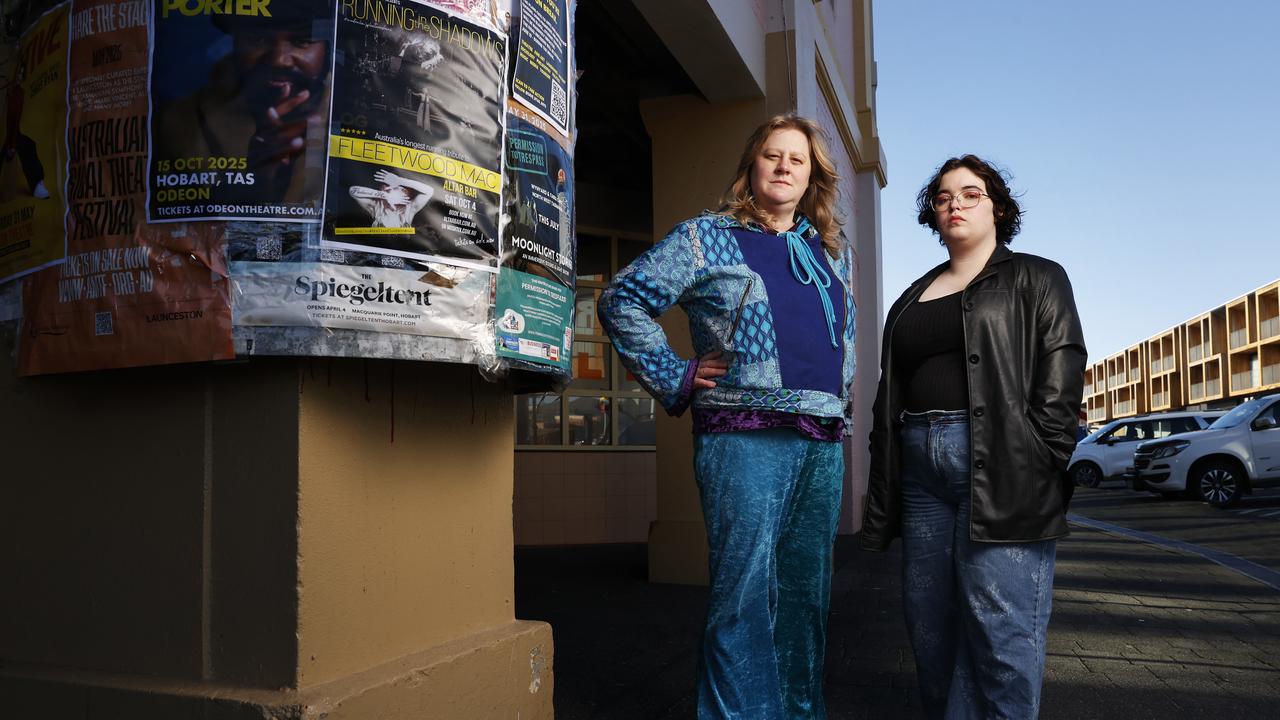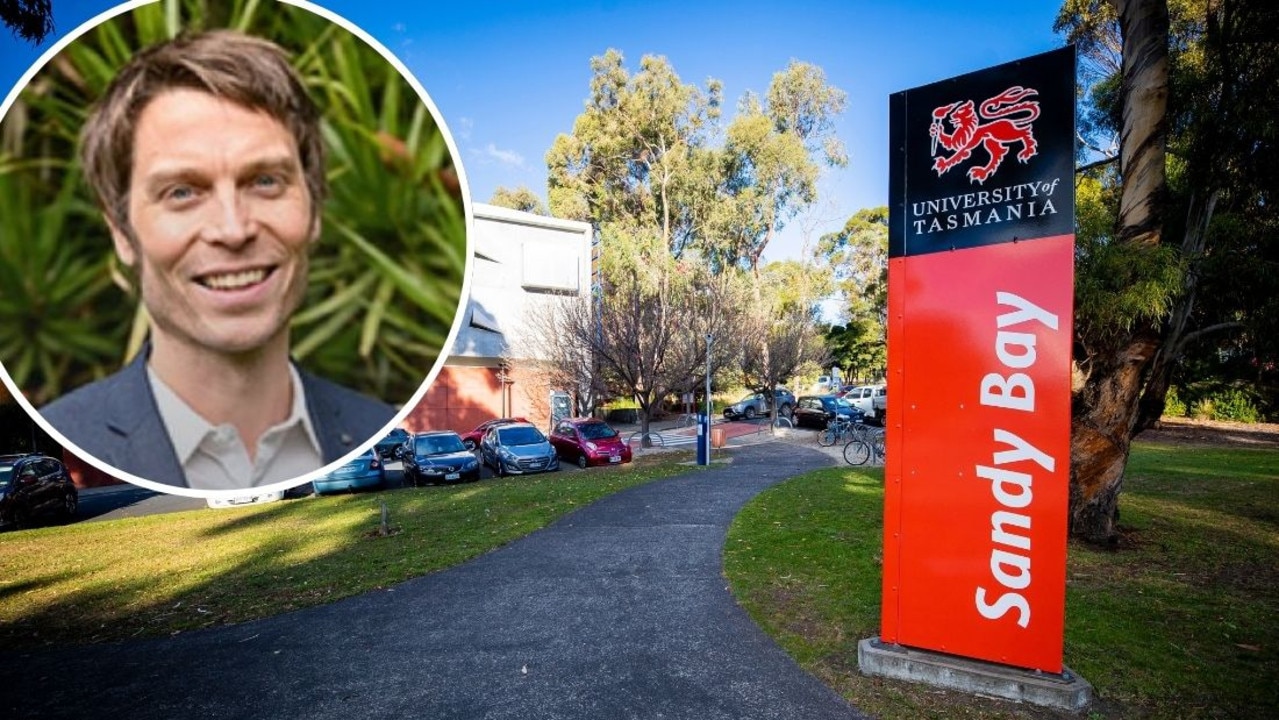More Tasmanian school leavers are planning to continue their studies locally
The COVID-19 pandemic upended the state’s education sector, as campuses shut and classes moved online. Now the state’s school leavers have revealed how and where they plan to continue their studies.
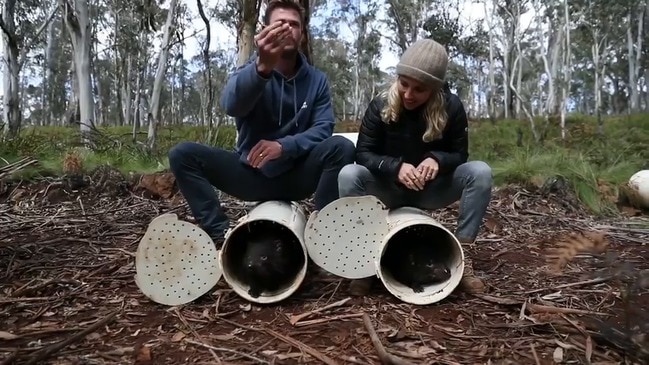
Education
Don't miss out on the headlines from Education. Followed categories will be added to My News.
TASMANIAN school leavers are ditching interstate study plans in favour of staying put, while many others are returning home after a horror year in lockdown.
The University of Tasmania has had a massive jump in the number of year 12 students planning to study locally next year, as well as unprecedented interest from interstate.
Applications from Tasmanian school leavers for 2021 are up by more than 35 per cent compared with last year, thanks in large part to the schools recommendation program, under which high-achieving year 12s were offered early places at UTAS based on teacher recommendations.
Designed to provide a safety net for year 12 students who had to deal with home learning and other COVID-related mayhem, the program has proven to be a godsend for the ailing university.
Total domestic enrolments are up by 24 per cent and full-time enrolments are up by nine per cent, despite the collapse of the international student market.
“More people are opting to become Tasmanian by choice, with applications from the mainland up by 18 per cent compared to this time last year,” said the uni’s marketing chief Craig Barling.
“While a focus on growing domestic student numbers was already part of our strategic plan, we’ve seen it accelerate this year through the impact of COVID.”
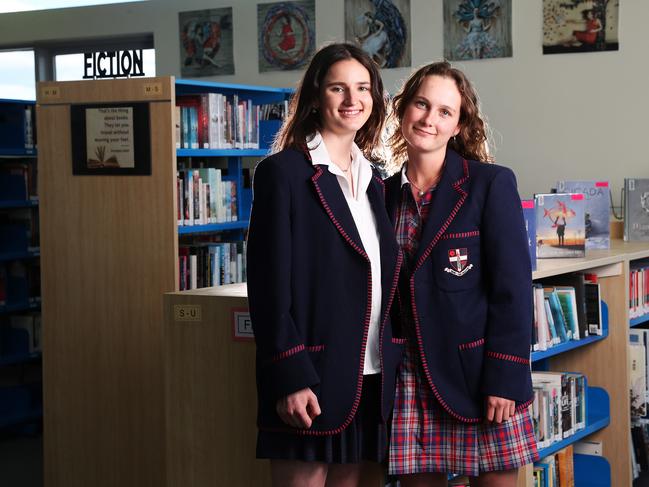
The Friends’ School 2020 graduates Millicent Coleman and Willow Ingram, both 18, are considering studying at UTAS next year and have many friends also planning to stay, either for uni or a “Tasmanian gap year”.
“At the start of the year all the talk was about going to uni on the mainland and it’s definitely shifted to people staying here,” said Ms Coleman, who intends to do a double arts and economics degree.
Ms Ingram plans to study marine and Antarctic science and, while she hopes to transfer interstate part way through her degree, she believes that friendships forged during the early years of university will be a strong pull factor in the future.
“I will probably come back to be honest. Those years are really important for friendship making and that might end up keeping a lot of people here,” she said.
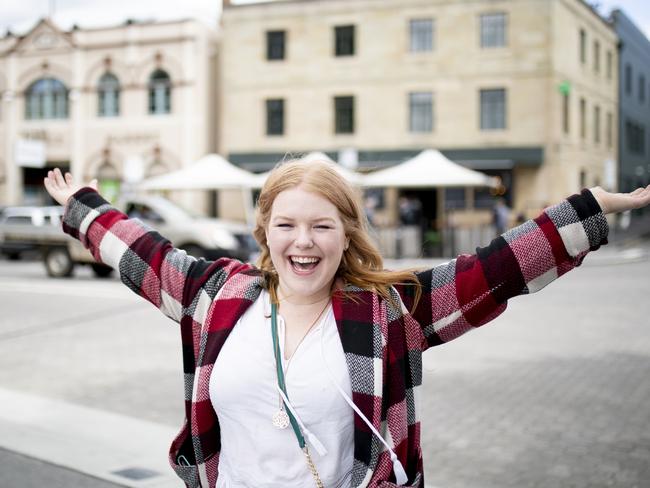
Young superstar pastry chef Emily Hanson returned to Hobart on Wednesday, determined to rebuild a life in Tasmania after a tumultuous year in Melbourne.
The 25-year-old, who has achieved acclaim in a prestigious national cooking competition, said the COVID-19 experience had changed her life.
“The lockdown changed my perspective on everything,” Ms Hanson said.
“Melbourne didn’t feel like home. We obviously had to social distance and that connection with society was completely lost.
“Everyone avoided each other and we lost that essence of being part of a community or even caring for your neighbour.
“Even in my share house, everyone was just sad, it was a horrible feeling.”
It was a far cry from the Melbourne she revelled in when she first moved a couple of years ago.
“The city was bright, the night-life was amazing, I fitted in straight away and just loved it,” she said.
Ms Hanson worked under French pastry chef Pierrick Boyer at his Reverie Café in Prahran, which stayed open throughout the lockdown, but went from seven staff down to just two.
“Somehow we got through, I don’t even know how. It definitely made me grow up professionally. A year ago I would have been nervous about going into a new job, but this has given me a confidence I didn’t know I had,” she said.
Ms Hanson plans to spend summer recuperating.
“I’m going to spend time with my family, see friends finally, go up the East Coast and eat oysters and drink wine. Then I’ll start looking for a job,” she said.
’UNPARALLELED OPPORTUNITY’ TO HALT BRAIN DRAIN
COVID-19 has presented Tasmania with what is being called “an unparalleled opportunity” to boost the population and economy.
The global pandemic has resulted in more people than ever contemplating a future in Tasmania and the race is on to harness that potential, but some experts fear the state is at risk of missing the boat.
Substandard hospitals and an education system that still sends a message that school finishes after Year 10 are cited as the biggest impediments to improving Tasmania’s demographic destiny.
“We have an unparalleled opportunity,” economist Saul Eslake said of the potential Tasmania had to not only stop the leakage of people interstate, but also to lure more people from other cities.
“I think Victoria’s incompetence in handling the pandemic and the oppressive use of police has tarnished Victoria’s reputation as a desirable place to move to and it’s probably also prompted a lot of Victorians to think about moving,” Mr Eslake said.
“But there are at least two things we have got to get right. If we want to attract people, what is more fundamental to their lives than education and health?
“Would you really want to come to a state with such an underperforming health system?
“Parents will question what sort of education Tasmania could offer their kids and the answer at the moment is ‘They are going to get the worst education in Australia’.”
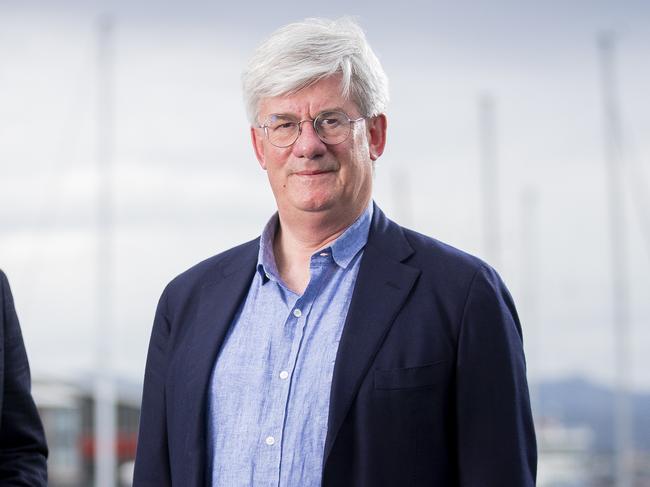
A long-time critic of Tasmania’s disjointed college system, Mr Eslake urged the government to use the political capital it had banked through the COVID-19 crisis to finally deliver Tasmania a true 7-12 secondary school system.
“The Libs are desperate to have a fight with the Greens over forestry or salmon, but they won’t take on Labor and the teacher unions who are standing between Tasmanian kids and the education that kids in every other state or territory take for granted,” Mr Eslake said.
Demographer Lisa Denny urged the government to acknowledge that, even with increased migration from interstate, Tasmania’s population would continue to age.
“The best thing the government can do in order to provide the services an ageing population needs and the infrastructure and amenities required, is to actually employ people in those services,” Dr Denny said.
“Extensive research shows that increasing investment in healthcare and social assistance has a much greater return on investment than investing in infrastructure and construction blitzes.”
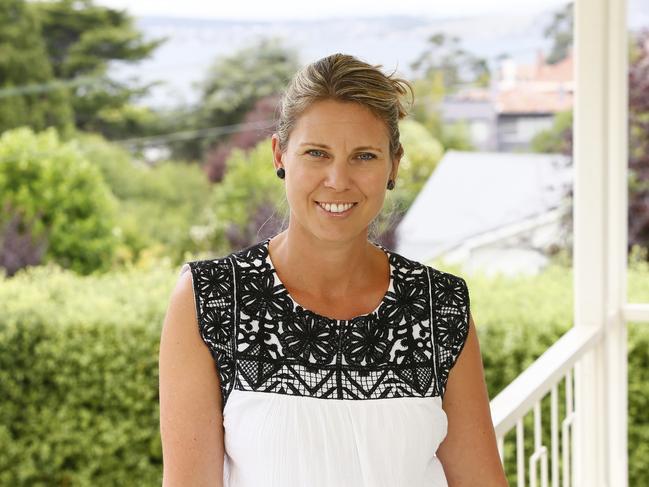
Neither the government nor opposition specifically mentioned healthcare or education when asked how Tasmania could harness the population benefits offered by COVID-19.
State Growth Minister Michael Ferguson said the Co-ordinator-General’s office was finalising a new remote working strategy, while Tasmania’s COVID-19 management and plan to create 25,000 jobs would “no doubt add to the list of things that entice more people”.
Opposition spokeswoman Michelle O’Byrne said a Labor government would invest more than $470 million in “all sectors of the economy to create jobs and drive business investment”, rebuild TAFE, build more houses, back small businesses and boost disadvantaged regions.
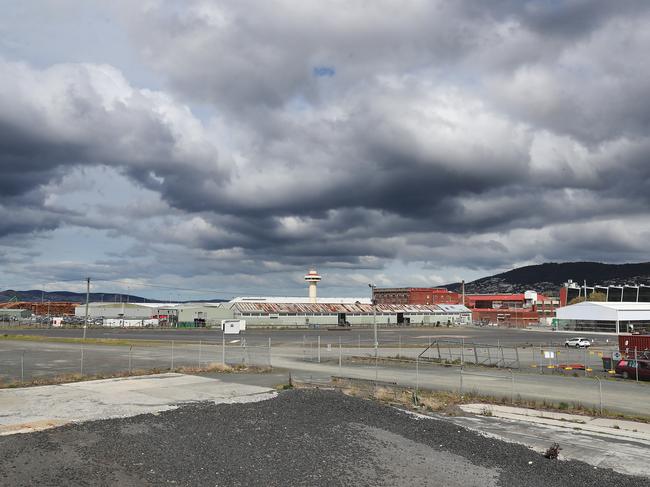
Independent state MP Madeleine Ogilvie urged the government “to think big” and make Macquarie Point a magnet for brilliant minds and private investment.
I was pleased to get a commitment that the government would pursue having a Space Agency presence at Macquarie Point, but this is just the beginning,” Ms Ogilvie said.
“A remote working hub at the precinct could be a groundbreaking national innovation. New housing could be part of the mix.
“We should reach out to the Tasmanian diaspora and encourage reconnection and relocation here.”
REGIONS COULD LIFT UNDER COVID-19 WORK SHIFT
COVID-19 could be a game changer for regions ready to embrace a societal shift, according to a high profile Hobart couple who recently returned to Tasmania where they will continue working for interstate firms.
Former Labor candidate and long-time ABC radio presenter Tim Cox and his wife Barbara, a former journalist and ABC television newsreader, moved home in September to be closer to family and friends.
ALL THE LATEST CORONAVIRUS NEWS
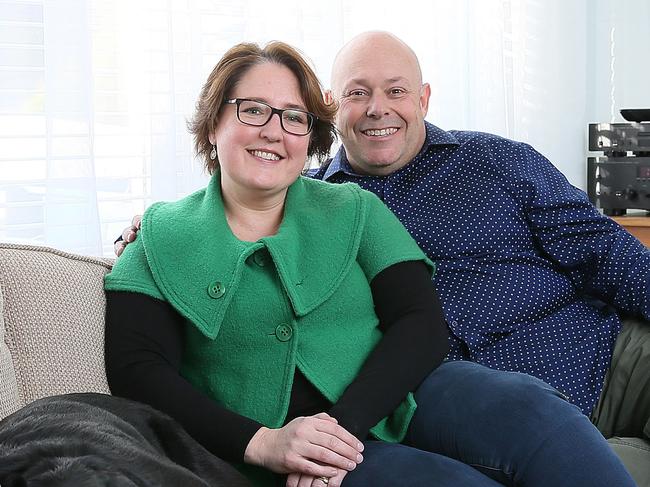
Barbara works for Brisbane public relations company Sequel PR and Tim will continue as communications advisor to the Local Government Association of Queensland.
“My manager said I’m the crash test dummy for full time off-site work,” he said.
“I’m far from an early adopter, others have been doing this for years. But I think for so many people now this (working remotely) is the new normal and Tasmania needs to get ready for it.
“This could be the opposite of the brain drain, with people moving back to Tasmania but also hopefully other people moving with their families.”
While Tim works from home, Barbara has a 10th floor office space in the city.
She said better technology and internet coverage in the regions would encourage more professionals to realise their dream of working in the country.
“If we are legitimate about wanting to attract people but also to disperse the population, we need to have the technology to do that and we need to be thinking bigger picture in terms of housing and transport,” she said.

